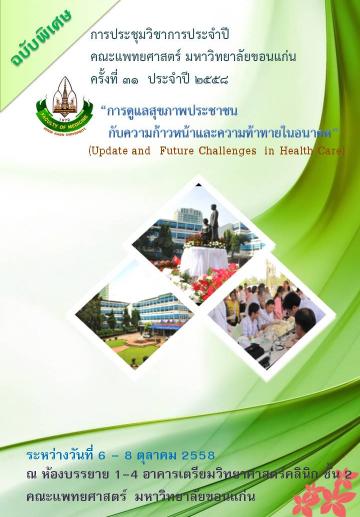The Posterior Pericardiotomy. Does it Reduce The Incidence of Postoperative Atrial Fibrillation after Coronary Artery Bypass Grafting?
Keywords:
atrial fibrillation, posterior pericardiotomy, pericardial effusion, coronary artery bypass surgeryAbstract
Background and Objective: Atrial fibrillation (AF) is the most common arrhythmia after coronary artery bypass graft surgery (CABG). Posterior pericardiotomy (PP) was reported to reduce pericardial effusion, AF trigger, and reduce the length of hospital stay and hospital costs without significant complications.Methods: A total of 20 patients, diagnosed as coronary artery diseases to be treated by an elective or urgency CABG between August and December 2013, were randomly divided into two groups; 10 patients received PP (PP group) and 10 patients did not receive PP (control group).
Results: The incidence of AF was equal (40% in both groups). Early pericardial effusion was slightly higher in the PP group (PP 70%, control 60%; p=1.00). The incidence of left pleural effusion and pneumonia were higher in the PP group than in the control. Moreover, one patient in the PP group developed perioperative myocardial infarction (MI) that required intensive care with medication. The duration of ICU stay of the PP group was significantly longer than that of the control group.
Conclusion: PP did not reduce the incidence of postoperative AF nor did early pericardial effusion. Rather, PP increased post-operative complications such as perioperative MI, left pleural effusion, and pneumonia resulting in the prolonged ICU stay.
Downloads
How to Cite
1.
Kongmalai P, Karunasumaeta C, Kuptanond C, Prathanee S, Taksinachanekij S, Intanoo W, Wongbuddha C, division C. The Posterior Pericardiotomy. Does it Reduce The Incidence of Postoperative Atrial Fibrillation after Coronary Artery Bypass Grafting?. SRIMEDJ [internet]. 2015 Oct. 5 [cited 2026 Feb. 25];30(5):96. available from: https://li01.tci-thaijo.org/index.php/SRIMEDJ/article/view/40255
Issue
Section
Abstract of Interesting




